While the goal of BestCarAudio.com is to help connect car audio enthusiasts with the right retailer to upgrade their vehicles, a significant portion of the market is geared toward the do-it-yourselfer. I’ve seen great work and experienced impressive results from people installing and upgrading their vehicles themselves. Still, we’ve also seen significantly more projects that could only be described as fire hazards. Earlier this week, one post on Reddit flat-out startled me and left me pondering what the line is between what you can do at home and when you need professional assistance to upgrade a vehicle.
Are Car Audio Upgrades Safe To Do at Home?
If you have an older vehicle like a ’90s Civic or an SUV, installing a new radio is relatively straightforward. You’ll need to go to a local specialty mobile enhancement retailer to purchase the radio, wire harness and likely an antenna adapter. You may also need a mounting kit. Suppose you’re adequately skilled in electrical work and own a soldering iron and have heat-shrink tubing or a ratcheting crimper and a supply of butt connectors. In that case, you should be able to connect the wire harness adapter to the harness that came with the radio. Assuming you know how to take the old radio out and disassemble the dash without breaking or damaging any of the trim pieces, you should be fine. If there is a backup camera, factory-installed Bluetooth, steering wheel audio controls or other integration required, the complexity of the project skyrockets. Yes, some do-it-yourselfers can handle these tasks; many can’t.
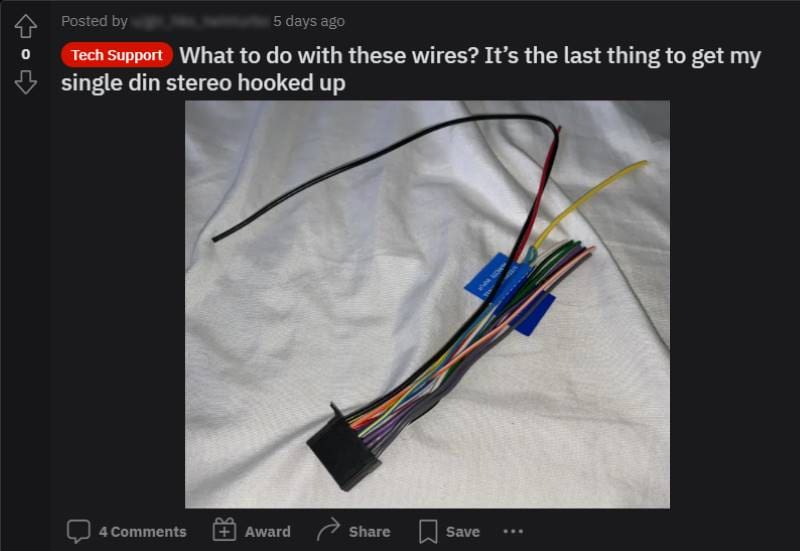
When Is a Car Audio Project Too Complicated?
How do you know if you’re getting in over your head? I mean, there’s lots of information on the internet about taking cars and trucks apart. Right? You can certainly ask questions on forums or Facebook groups about how to do stuff. Can you trust the answers, though? What if someone tells you to connect a certain way when in fact, it’s the incorrect way? In an older vehicle, you might blow a fuse. In a newer vehicle, you’ll likely damage an expensive computer module. If you don’t have the tools and training to check every connection before it’s made, you aren’t really prepared for the job.
Many shops subscribe to information resources like ProDemand from Mitchell1. This online service provides information about component locations and how to remove those parts safely. This resource also provides vehicle wiring information, connector pinouts and harness locations. Paying for support resources like this is part of why professionals charge what they do to work on your vehicle.
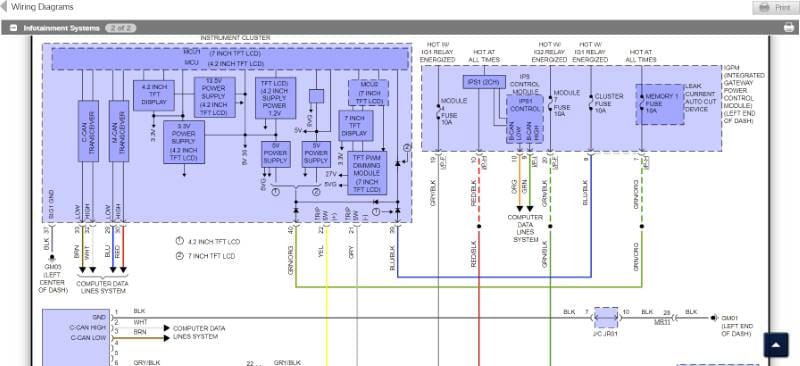
I Can Add a Subwoofer to My Car, Right?
Let’s look at the common task of adding a subwoofer to a new car or truck. Subwoofer systems are usually the best upgrades you can make to a factory-installed audio system. The answer to whether or not you can add a subwoofer to your car or truck depends on the vehicle’s specific make, model and trim level. Of course, all the questions about how to remove trim panels to run wires and what wires to use to extract a signal from the factory sound system don’t change.
If it’s a 10-year-old vehicle, chances are you’re safe to try adding an amp and sub. Suppose the vehicle was built in the last few years. In that case, you’d need to know how to check for Active Noise Cancellation systems, volume-based tone adjustments, active filtering on speaker outputs from radios and amplifiers and systems that add engine sounds to the stock speakers. If you know how to test for those things with an audio analyzer and test signals, you can determine whether the vehicle will be compatible with the upgrade you have planned. If you don’t have these resources, you may find that the subwoofer doesn’t produce much bass, or there are loud, unwanted noises playing through the sub that you can’t get rid of.
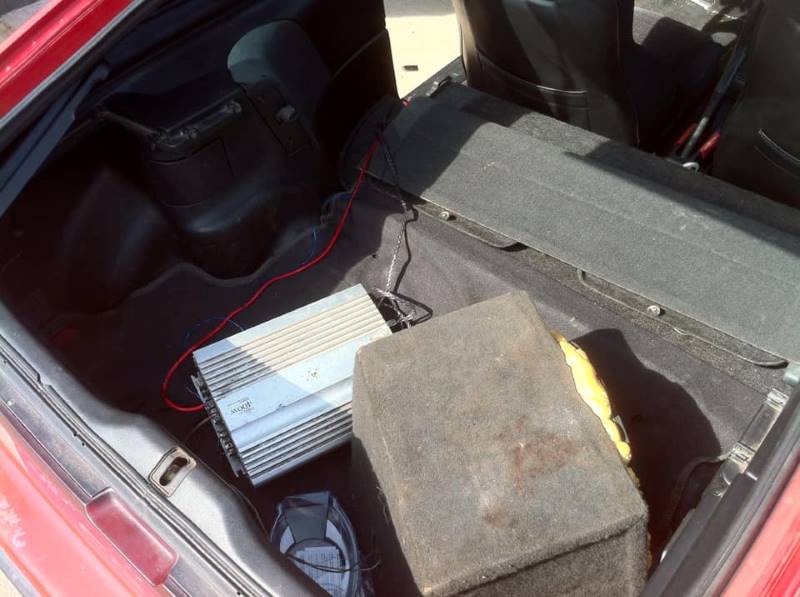
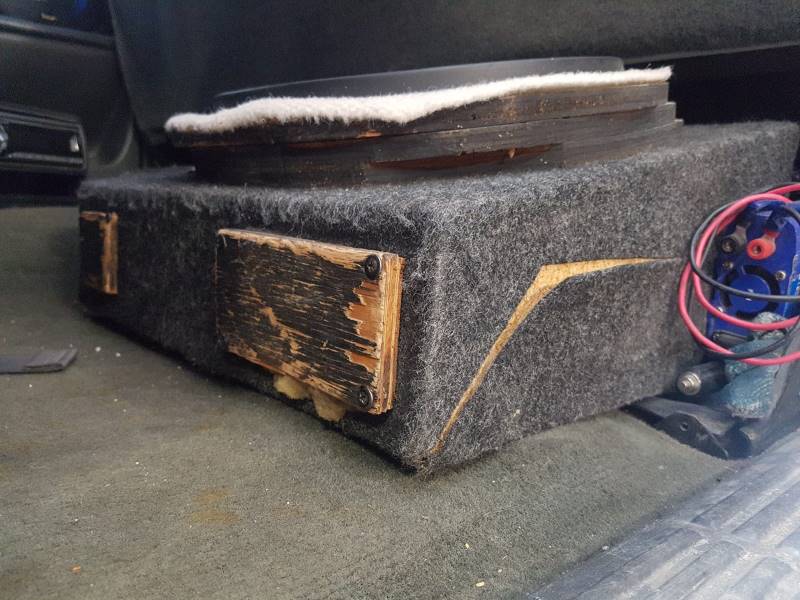
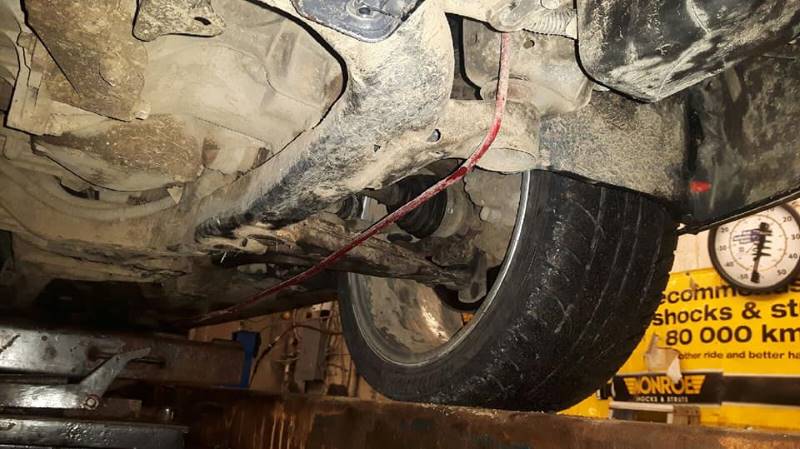
‘New to Car Audio, Need Speaker Suggestions for My Kia’
I don’t know what it is about Kia owners, but there’s a disproportionate number of them on the internet looking for speaker upgrade suggestions. Maybe the sound systems in those vehicles aren’t designed well? With that said, I can’t stress this enough: You need to audition speakers in person. Every speaker has its own frequency response and efficiency characteristics. At the same time, every design also adds certain amounts of distortion at different frequencies and has different dispersion and interference patterns. You can’t “test drive” a set of car tires by reading their specifications or pick a paint color by reading its name on a list. Unless you have years of experience in speaker design, it’s unlikely you can predict how well one will perform based on a feature list or a photo on a website.
Your best bet is to take a selection of music you know with you to a local car stereo shop and listen. No, that’s not exactly what the speakers will sound like once they’re installed in your vehicle, unless you’ve added a digital signal processor and had it calibrated properly. However, you will be able to hear the difference between the options and move around the listening environment to evaluate their on- and off-axis performance. The latter is crucial as it’s extremely rare that you’ll be listening to the speakers in your vehicle, pointing directly at the listening position.
Of course, when you deal with a reputable shop, they will only suggest speaker options that will fit your vehicle. It’s not just the mounting hole size that needs to be taken into consideration. How deep the speakers are matters. If your window is going to run into the magnet, then that application doesn’t work. The shop will also know how far a speaker can be spaced forward and will typically have, or can make, plastic adapters that will ensure that the speakers are correctly secured to the vehicle. Once they’re installed and connected to the radio or an amplifier, you’ll need to know how to check to ensure that the polarity is correct relative to the speaker on the side of the car and to the rest of the speakers in the vehicle.
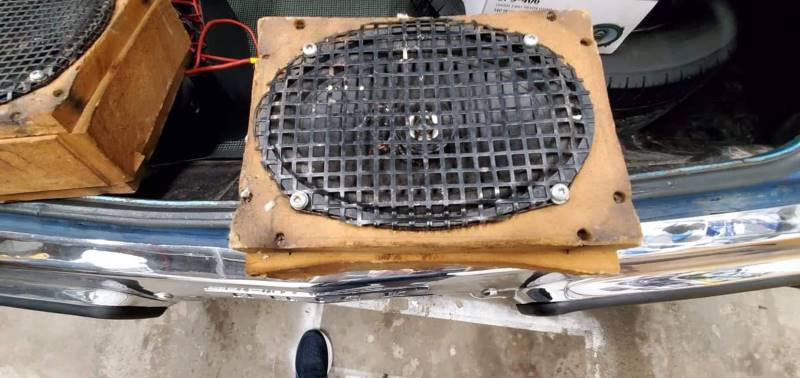
Troubleshooting Car Audio Systems
If something in a do-it-yourself car audio installation goes wrong, troubleshooting and repairing the issue can be difficult, time-consuming and expensive. In a best-case scenario, you may have misconnected something, and that needs to be changed. At the other end of the spectrum, you may have damaged something electronic in the vehicle or the audio component you just purchased. Make no mistake about it: Wiring something incorrectly isn’t covered under the manufacturer’s warranty. You are likely going to have to pay for the repair.
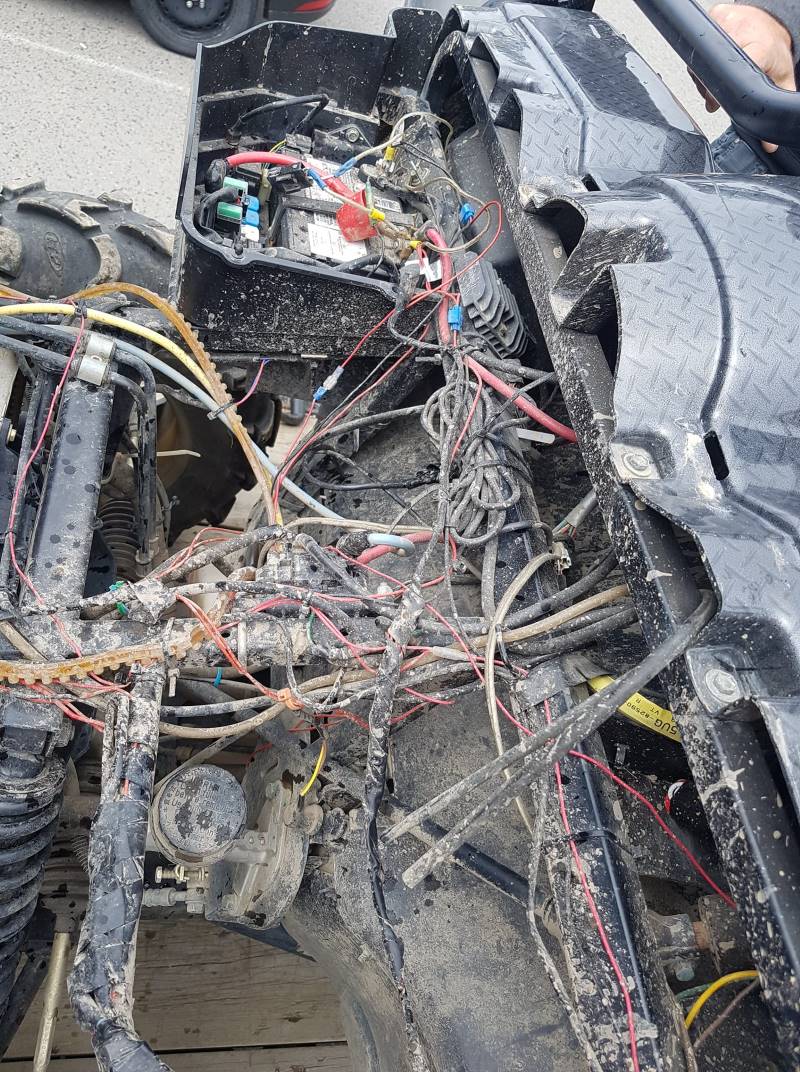
Why Not Let the Experts Do the Work?
When I see dozens of questions about how to install something, as much as I’m happy that the person wants to upgrade their audio system, I usually wonder why they don’t just have a professional do the work. We are all very good at something. Some folks are stunning musicians, great writers, amazing athletes or incredible graphic designers. On the other hand, if you simply don’t understand how something works or how it’s supposed to integrate into a vehicle, why not just pay to have it done? Yes, some can figure it out. Those aren’t the people I am talking about. What if different settings on an amplifier would allow the same system to play louder with less distortion or would reduce the hiss added to the system? Does improved performance from your investment have value?
Imagine you wanted plastic surgery purely for cosmetic purposes. All you need is a scalpel and a few sutures. Just cut and poke at whatever isn’t right, then tape it up. Boom! You are David Beckham or Gal Gadot! It’s simple and easy, right. Isn’t it? Wait, what? There’s more to it? Do you need more tools? More training? More resources? I know it’s a dramatic example, but it’s not that far off from what people do to their vehicles.
Is Every Car Stereo Shop Perfect?
Many of our readers have had great experiences with reputable specialty mobile enhancement retailers. With that said, there are shops out there that aren’t professionals, even if they do car audio installations all day long. Sadly, this is an unregulated industry. Anyone who has the money can open a shop and claim to be a professional. It’s your job to research the store you want to work on your vehicle. The best shops often have clients who travel from other counties, states or even from other countries to have work done on a vehicle. Yes, I know of several instances where cars, trucks or SUVs have been shipped or driven from other countries for audio system, remote car starter and lighting upgrades. We aren’t just talking about the United States, Canada and Mexico either – how about Russia or the UAE?
You’ve likely heard it said that your vehicle is typically your most expensive investment, aside from a home. Would you let an unqualified repairman wire the electrical system in your house, re-shingle the roof or build a spiral staircase? The training that genuine professionals have will improve the performance of the products you choose. Yes, you have to pay them. Yes, they charge as much as a mechanic. Are they worth it? If you choose correctly, yes. Don’t take this decision lightly.

